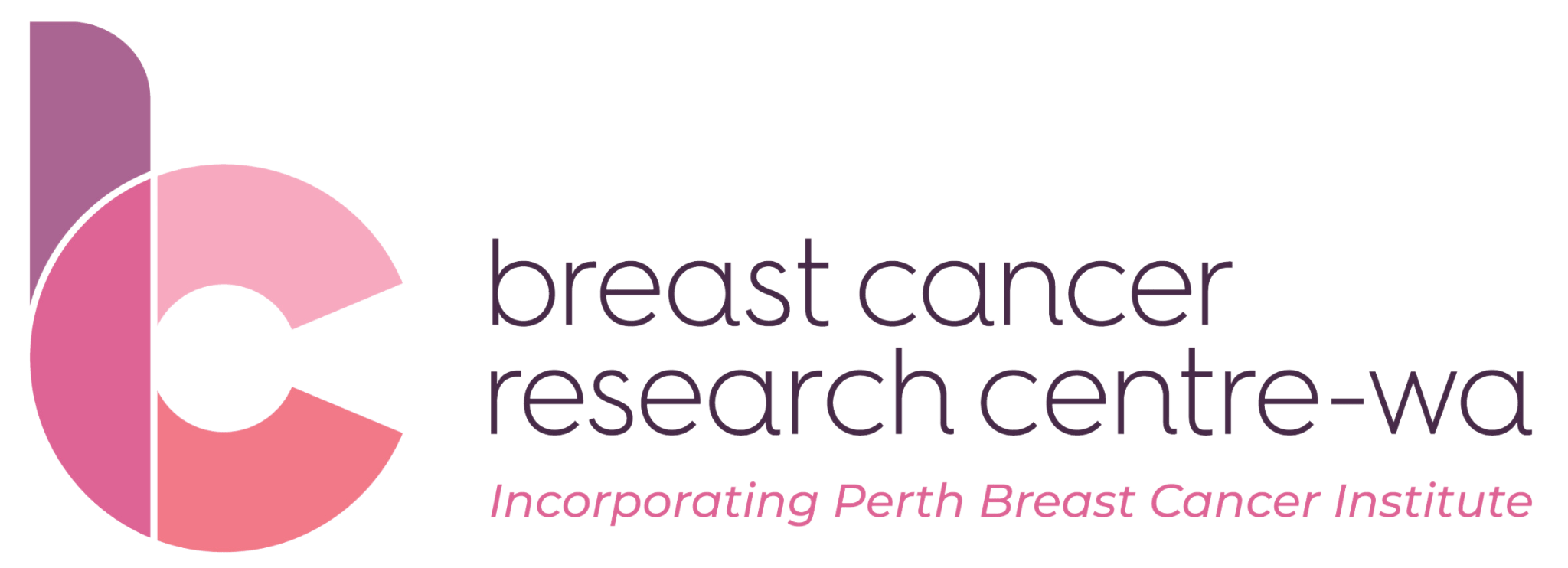Early Breast Cancer Diagnosis
What does it mean for my daughters and family members?
Breast cancer is the most common cancer in women in Australia with 1 in 8 women up to the age of 85 being diagnosed at some point in their life. Many women after dealing with their diagnosis are often concerned about the implications this will have on their own families, in particular their daughter/s or granddaughter/s and the risk the diagnosis of breast cancer within the family may impose on them.
It is important to note however that studies have shown that the majority of breast cancers are not due to inherited or genetic mutations, with less than 5% of all breast cancers being attributed to a genetic predisposition. Even if women have a first degree relative (mother, sister, daughter) who has been diagnosed with breast cancer it does not necessarily mean that they have a significantly higher than average risk of developing breast cancer.
Do we need to be tested for genetic mutations?
At the time of your diagnosis of breast cancer your medical practitioner will take a detailed family history regarding any history of cancer in both your mother and father’s side of the family. They will advise you, discuss your case or potentially refer you to a clinical genetics service or familial cancer centre if they believe that you need further counselling or investigation. It is important to note that family history can also develop following your diagnosis so it is recommended that you update your practitioner if any further diagnoses of cancer have occurred in your family during your follow-up appointments as this may change your risk and the threshold for testing.
What imaging surveillance should be recommended for them if any?
There is currently no strong evidence of the effectiveness of mammography or breast ultrasound as a screening tool in women without a confirmed genetic mutation under the age of 50 even with a family history of breast cancer. However, BreastScreen WA will offer annual (as opposed to every second year) mammograms and breast ultrasounds to women from the age of 40 with a first degree relative with a breast cancer diagnosed before the age of 50 or a first degree relative with breast cancer involving both breasts (any age) or two or more first degree relatives with breast cancer (any age). There is no evidence for increased surveillance above the normal recommended for the general population in women with a first degree relative who was diagnosed over the age of 50.
It is strongly recommended that your daughter or granddaughter speak to her own doctor in order to gauge her individual risk of breast cancer and advise the appropriate surveillance method. They may recommend commencement of mammograms at a younger age than 40 if there is a history of breast cancer in family members under 40. They may be recommended to have annual MRIs in addition to mammograms and ultrasounds if determined to be high risk (as confirmed by a familial cancer clinic or known to have a genetic mutation) and under the age of 50. If a breast cancer susceptible gene is proven in the females of a given family, the cost of the MRI is covered by Medicare when it is requested by a specialist.
All family members should be vigilant to any changes in their breasts and report this to a medical practitioner if there are any deviations from normal.
Are there other health issues that my diagnosis may cause in my daughters?
The BCOS study, conducted at BCRC-WA demonstrated that there was a significantly higher level of psychological distress reported by female offspring compared to male offspring of patients with breast cancer. Distress tended to be highest soon after the diagnosis in the mother. Some of this distress is likely in part due to a fear of a perceived heightened risk of developing breast cancer which can be managed with reassurance and education. However further supports and medical advice may need to be sought to assist your family through what can be a difficult time.

Nicola O’Neill
2020 BCRC-WA Fellow
The information and content provided on this page is intended for informational and educational purposes only and is not intended to substitute for professional medical advice. Please contact your medical team for advice on anything covered in this article.
